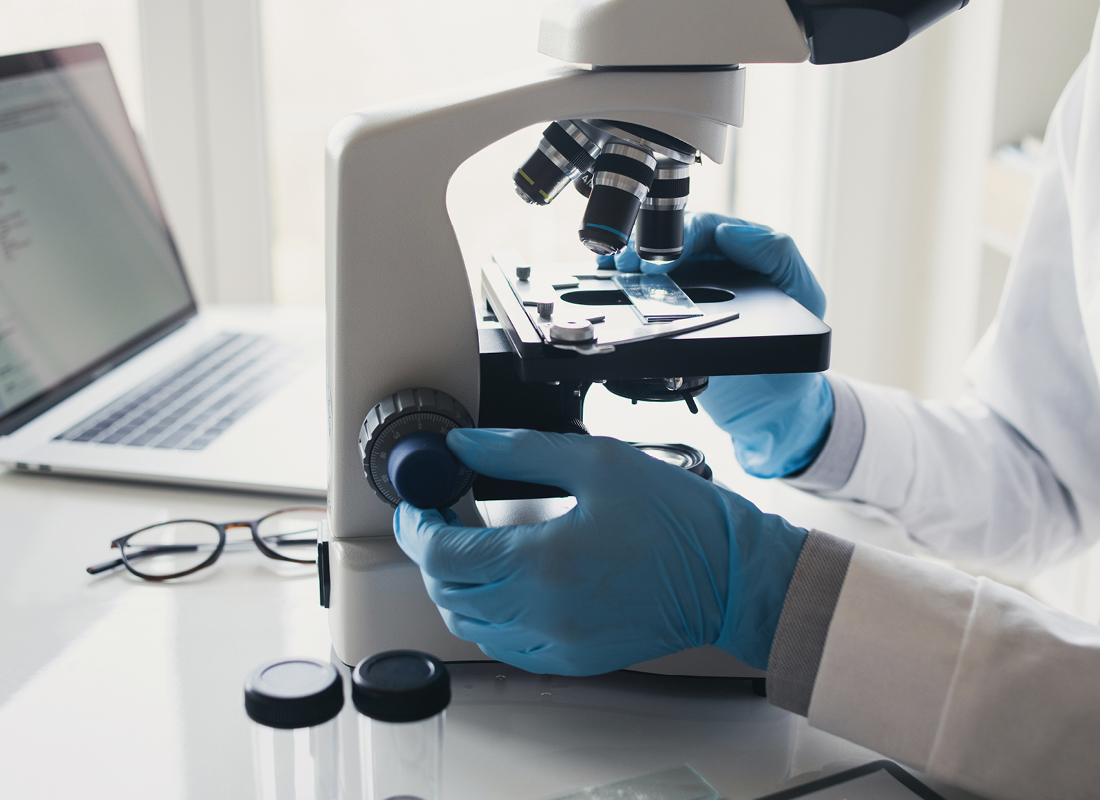At-Home, Smartphone-Based Urine Testing Now a Clinical Reality
From - Diagnostic Testing & Emerging Technologies In what has been called the "era of the medical selfie," at-home, smartphone-based urine testing is now a reality. In a short timeframe, the… . . . read more

In what has been called the “era of the medical selfie,” at-home, smartphone-based urine testing is now a reality. In a short timeframe, the U.S. Food and Drug Administration (FDA) cleared two smartphone-based, urine testing platforms for patient use.
The first to receive 510(k) clearance was Healthy.io (Israel) for its DIP Urine Analysis Test System (Dip.ioH). The company it was the first device the FDA cleared based solely on existing smartphone cameras for Class II clinical claims.
Smartphone Testing Being Evaluated in Trial of High-Risk Patients
This past spring, the National Kidney Foundation, Geisinger Health System (Danville, Penn.), and Healthy.io launched a novel clinical trial using a smartphone-enabled home urinalysis device to detect chronic kidney disease (CKD) among patients with high blood pressure. One of the best ways to test for CKD and assess kidney damage is a simple urine test, which detects the presence of albumin.
In the trial, 1,000 non-diabetic, primary care patients with hypertension will be randomized to receive either usual care or a mailed Healthy.io urinalysis kit.
Those receiving the kit will receive a letter and phone call educating them on the importance of screening for proteinuria from a team of nurses along with instructions for downloading the smartphone app.
“This new trial using a smartphone app and urinalysis kit will provide important information on how to increase testing for CKD in this high-risk population,” said Kerry Willis, Ph.D., chief scientific officer at the Kidney Foundation, in a statement. “Our hope is that a home-based test makes it easier for patients at risk for CKD to comply with regular albuminuria screening, and that this will lead to earlier diagnosis and treatment of CKD, reducing cardiovascular risk and preserving kidney function.”
The system received CE mark in 2016 and is commercially available in Europe and Israel, where the company says they will have reached 100,000 users by the end of the year.
The FDA cleared Dip.ioH for testing glucose, specific gravity, blood, pH, protein, and the qualitative detection of nitrite to guide patient management and aid in the diagnosis and monitoring of metabolic or systemic diseases that affect kidney function and endocrine disorders. The agency cleared the system as prescription home-use only, with results provided directly to the physician. The company says the test can aid in the diagnosis of urinary tract infections for people with multiple sclerosis, provide new opportunities in chronic kidney disease prevention, and help pregnant women monitor their health.
While, patients do not have access to test results, the app instructs the patient how to accurately administer the test and the software securely transmits the clinical results directly to the patient’s electronic medical records for physician review.
Data submitted to the FDA showed that lay users successfully completed 424 of 429 tests, with results transmitted to the physician. Computer vision algorithms and a unique calibration method produce test results comparable to laboratory urinalysis.
“This approval opens the door for improved screening for kidney disease, a condition which affects over 10 percent of the population globally,” said Joe Coresh, Ph.D., a professor at Johns Hopkins University and chair of Healthy.io’s medical advisory board, in a statement. “It’s exciting to see the FDA applying its rigor and enabling the use of the smartphone for better patient care.”
Inui Health (formerly known as Scanadu; Sunnyvale, Calif.) received 510(k) clearance and a Clinical Laboratory Improvements Amendments waiver for its in-home urine analysis platform. The company says its platform enables tests for urinary tract infections, diabetes or pre-gestational diabetes, kidney issues, and preeclampsia.
Specifically, the FDA cleared the device for protein, glucose, leukocyte, nitrite, and ketone testing. The device reports semi-quantitative or qualitative results for each test parameter. The company says a three-pack of test kits is available direct to consumers through the company website for $34.99.
“We see an unprecedented opportunity in bringing powerful diagnostic tests currently only available at labs or clinics to the hands of consumers,” said Jaime Tenedorio, CEO of inui Health. “We are enabling individuals to perform these tests anywhere in the world, from Manhattan to Sub-Saharan Africa, empowering individuals to know more and worry less about their health.”
Takeaway: Experts expect more smartphone-based diagnostic applications to be cleared with expanded indications for use in the near future, helping to improve access to and ease of ongoing patient monitoring.
Subscribe to Clinical Diagnostics Insider to view
Start a Free Trial for immediate access to this article